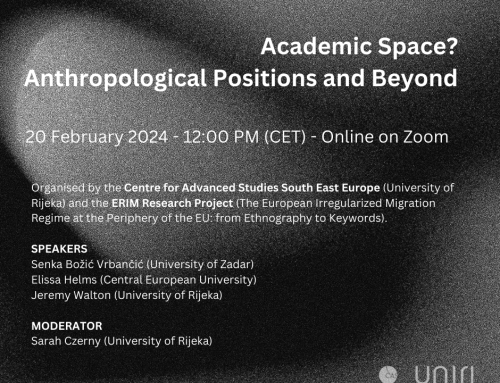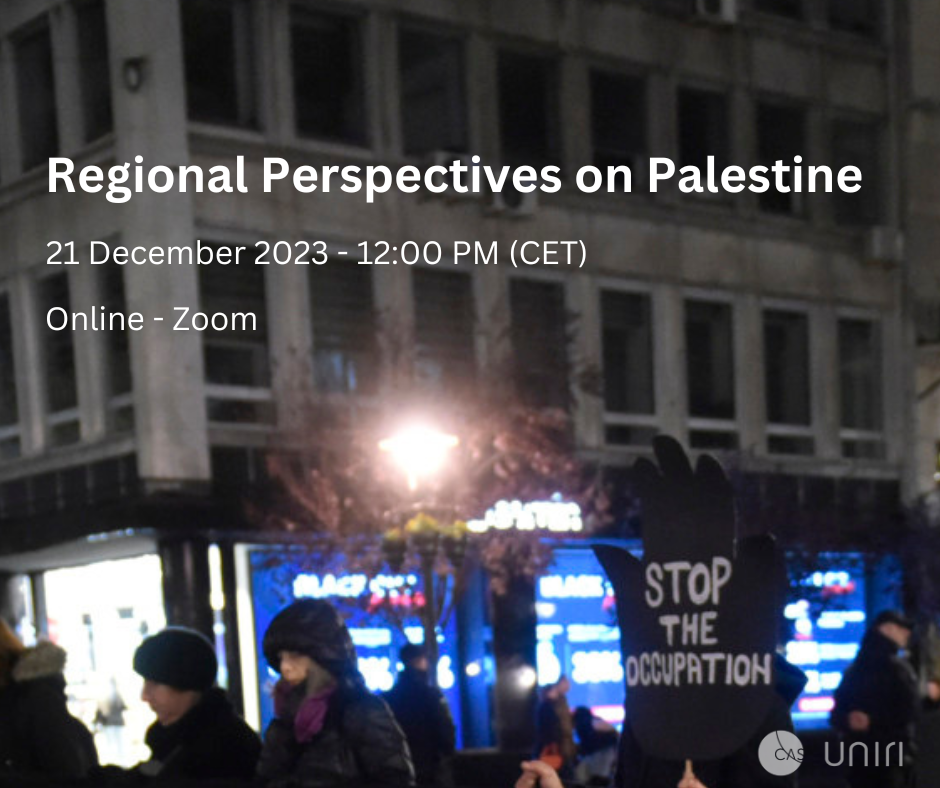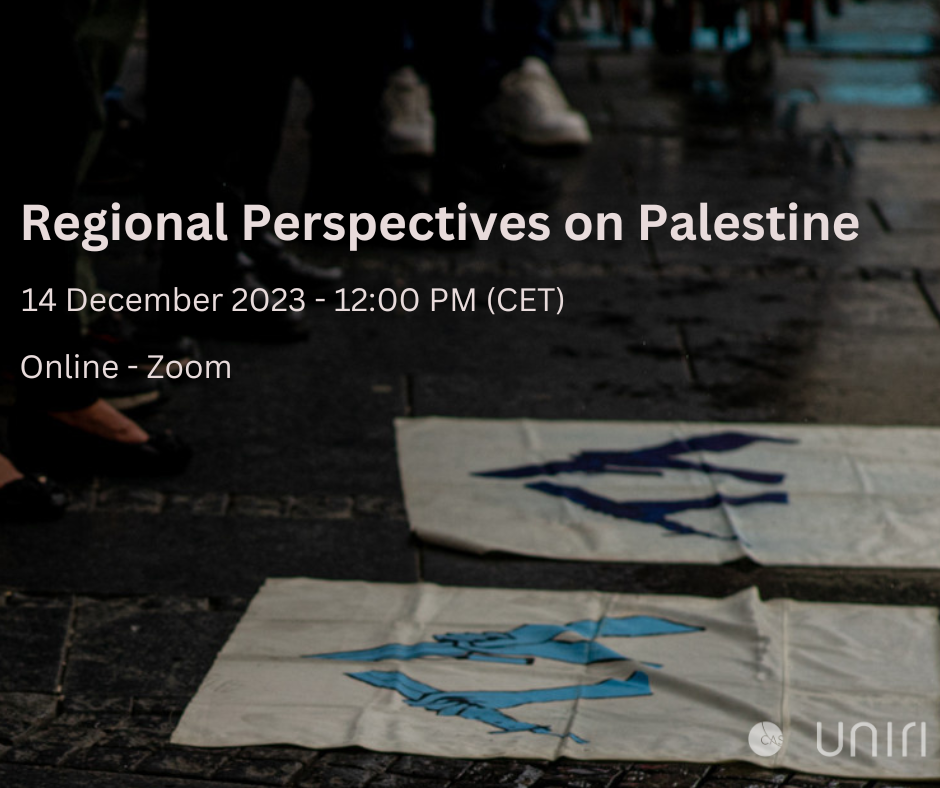Does it matter for excluded Roma whether water is public or private? Case study of Slovenia
“Access to water especially in geographic regions threatened by water scarcity, have been increasingly elevated to the centre of the attention of governments, international community, and businesses across the world. Many political leaders and CEOs of multinational corporations have integrated water in their agenda and stated that water has become a new (blue) gold, and it should now to be treated like oil.
The predictions of irreversible water scarcity and consequential global corporate grab due to its increasing value might sound to most of us in Europe as a problem of the third world, or a scene from a science fiction movie or distant future at best. We take clean drinking water for granted. It is abundant and affordable, provided directly in our homes, and checked continuously to ensure it meets quality and safety standards.
Yet, not only that most of the water corporations and their advocacy groups have headquarters in Europe, all across Europe there are people living without access to improved water resources and sanitation. According to the United Nations Economic Committee for Europe (UNECE) and World Health Organisation (WHO), 12 per cent of population, some 110 million people, in the pan-European region is still without access to safe drinking water, and many of them are Roma.
In November 2016, in response to a citizens’ campaign, Slovenia became the first EU country to add the right to water to its Constitution, but the implementation of the new constitutional right has yet to be observed, especially in Romani communities.
After decades of petitioning local authorities to provide their households with drinking water and functioning sanitation, in March 2014, 16 Roma from two Roma neighbourhoods in Slovenia filed a complaint to the European Court of Human Rights (ECtHR). The Hudorovič, Novak and Others v. Slovenia cases became the first right to water case at the ECtHR.
By analysing the case study of Slovenia, the first EU country, which recognised the right to water in its Constitution (2016) while also the first country sued at the European Court of Human Rights for failing to secure access to water to their citizens of Roma origin (2014), this presentation will point out the complex discourse of contemporary water movements and the very specific position of Roma living in social exclusion and housing informality. I will argue that despite the progressive legal framework and social movements claiming the right to water, the concerns of Roma are often neglected not only by the private and public water suppliers, but also by water activists. Due to the prevailing situation of anti-Roma discrimination and social exclusion, Roma have to make parallel claims on the access to water.”
Marek Szilvasi an independent scholar-activist. He received his PhD in Sociology from the University of Aberdeen, the United Kingdom, MA in Sociology and Philosophy from the Palacký University Olomouc, Czech Republic, and MA in the European Studies (Europe in the Wider World) from the University of Groningen, Netherlands. His PhD research has been sponsored by the interdisciplinary Centre for Citizenship, Civil Society, and Rule of Law (CISRUL).
His primary research interests lie in the fields of sociology of (human) rights, political philosophy, socio-legal and post-colonial theories, citizenship, social inclusion and equality paradigms, and environmental justice, all these with a particular focus on the situation of Roma in European societies.
Marek teaches at the Institute of Politics and International Studies of the ELTE University in Budapest, Hungary, and works as Head of research and human rights education of the European Roma Rights Centre (ERRC). He is also a board member of the PAD Foundation advocating environmental justice in CEE. He has been awarded the Martin Alexandersson Research Scholarship of the Raoul Wallenberg Institute for 2017.





